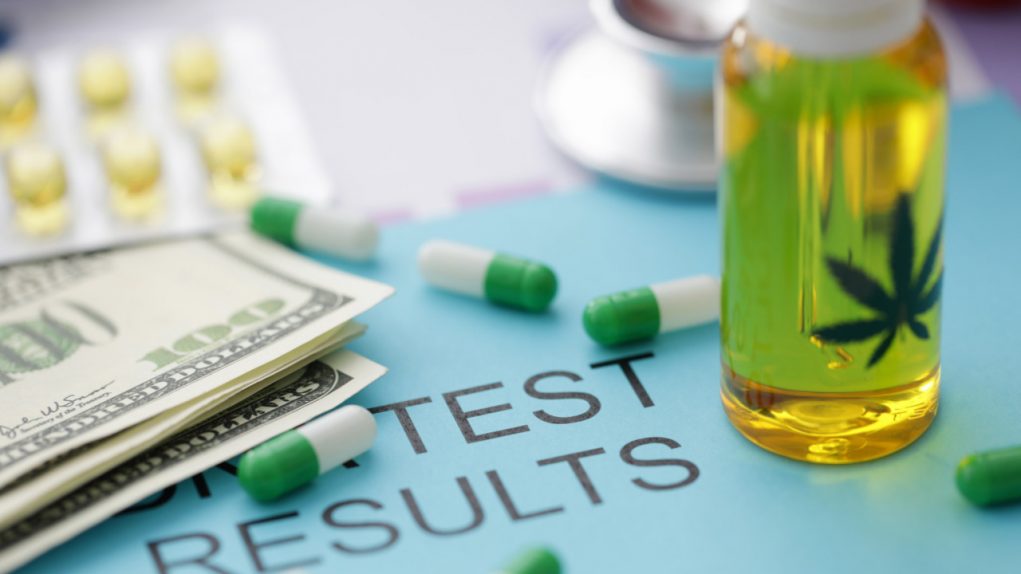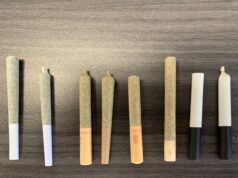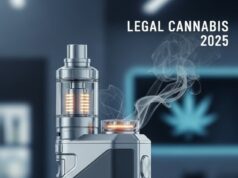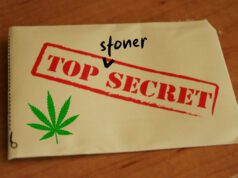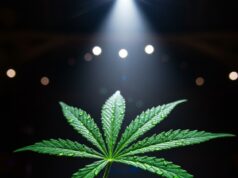Here we are in this in-between time in the US, when cannabis is still federally illegal but legalized in most states and even fully legalized in about 1/3rd of US states at this point. We’re also bordered by Canada and Mexico, two countries which have moved towards legalization. What a time to be alive, right?
Well, it’s not that easy. There is still one group which seems to live in the weed prohibition era, and that’s employers. Employment-related drug screenings have carried on pretty much as they had during the Reagan ’80s, despite four decades of progress since. This leaves most if us confused as to standing employment policy regarding cannabis use.
Your humble author might bring to mind that, had we all fought harder for our civil liberties a few decades ago, we wouldn’t be in this situation now where it’s completely normal to hand over a cup of pee to somebody in order to get them to hire you. But that train has left the station, seems.
Let’s cut to the chase and answer your biggest question:
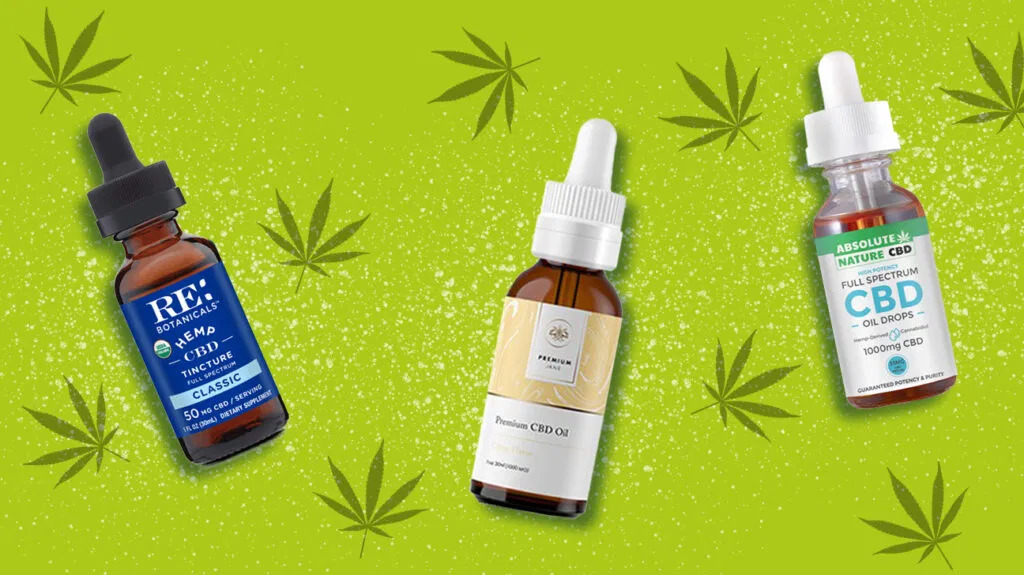
Will CBD or Delta 8 cause me to fail a drug test?
Yes! In a nutshell, drug screens for cannabis look for THC chemical markers in your system. Even if you only use CBD or Delta 8, derivative cannabinoids like these still contain tiny trace amounts of THC. Even in states that prohibit cannabis except for CBD oil to treat some medical conditions, the most they ask for is less than 0.3% THC. That is still plenty to show up in a drug test.
Our bodies break down THC as metabolites, which stay mainly in the fatty tissues because they are lipophilic (this means fat-soluble) compounds. Cannabis drug testing looks for these metabolites and can detect even tiny quantities in a sample. These tests are so sensitive that they can find positives from eating hemp seed bars, taking CBD tinctures, vaping delta 8, etc. Anything that came from a hemp or marijuana plant that you have ingested will cause you to fail a drug screen.
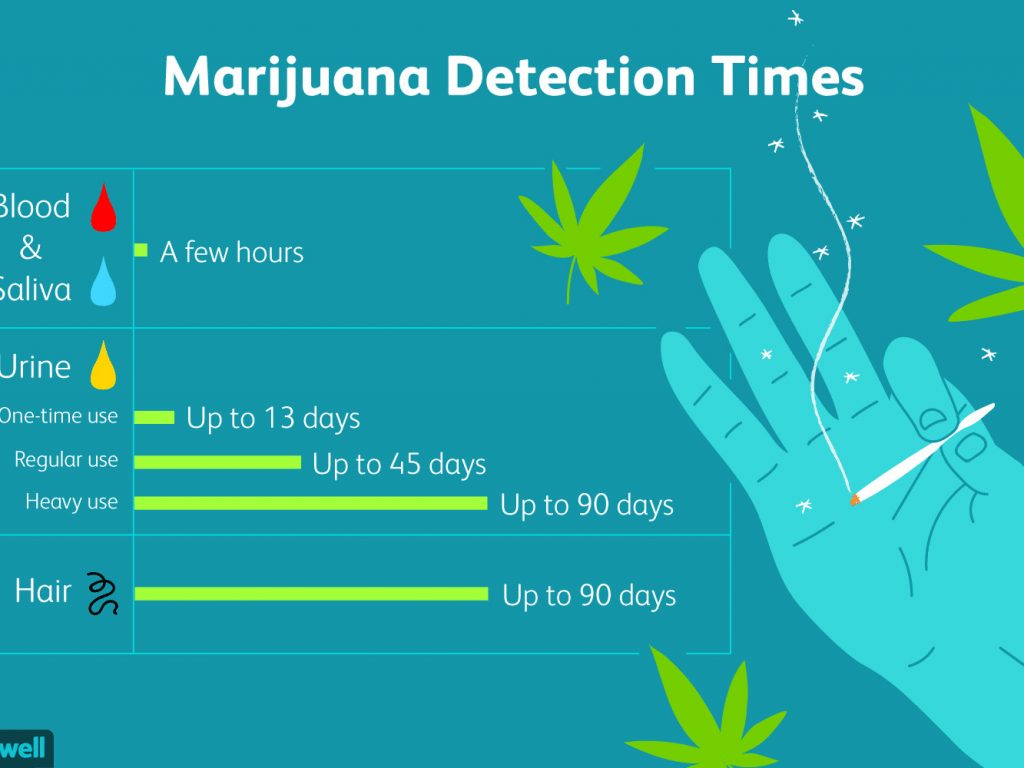
How long does cannabis stay in my system?
That depends a lot on how heavy a user you are, your lifestyle, and your metrics such as weight and body fat percentage. The rule of thumb is one month (3-4 weeks). That may differ from one individual to another though, but if you’re not clean after a whole month, that’s an extreme outlier case. Some people can test clean after just two weeks dry.
Body fat is a consistent factor in how long THC stays in your system, because cannabinoids are fat-soluble (which is why you make oil for vaping and canna-butter for edibles). The more fat you have, the more cannabis traces stay in your system. This is bad news for the couch lock set! If you have a tendency to zone out on the couch with your bong and your munchies, you’ll have a month of going dry and engaging in rigorous healthy living before you can pass that drug test.
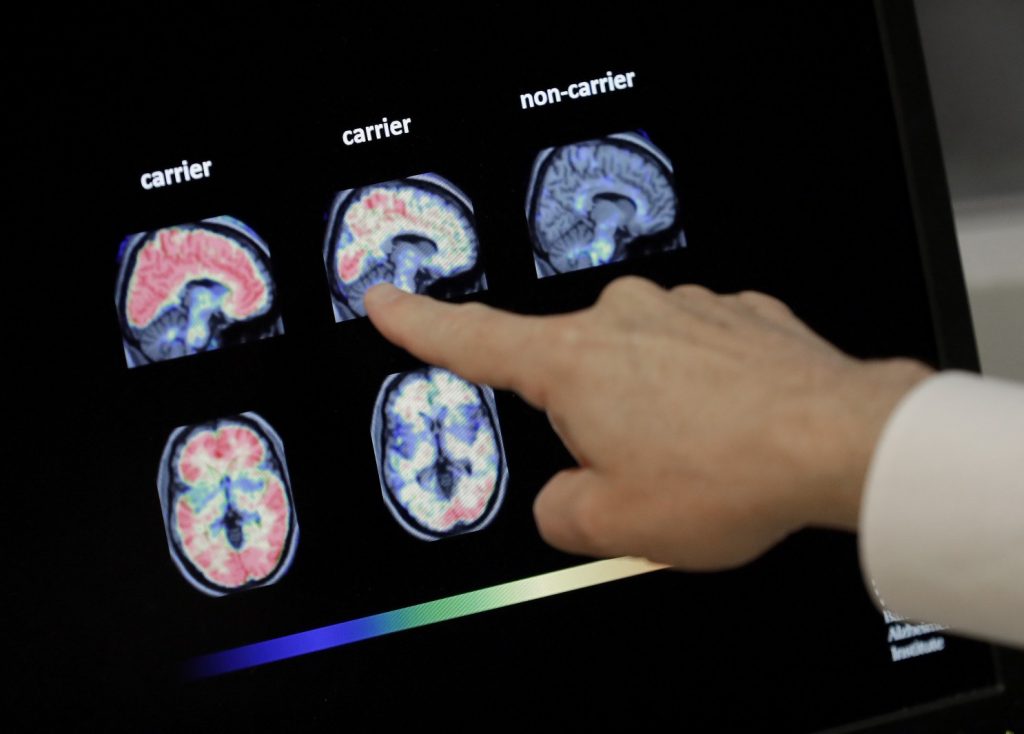
What are the different kinds of drug tests?
Urine analysis is the most common kind. There is also blood, saliva, and hair testing. Blood and saliva tests have a far shorter window of detection, basically 72 hours after you’ve consumed cannabis. This is because these tests only measure active narcotic influences at the time, similar to a breath test for alcohol. Blood and saliva do not reveal cannabis use from more than a few days ago. These two are usually only administered in settling immediate cases of intoxication, such as a DUI arrest.
However, the hair test goes even farther back than a urine test. A hair sample obtained from the scalp or body can detect cannabis use as far as six months back! So if you’re getting a hair test, you should hope that it’s a normal thing for you to have short scalp hair, and less body hair. If you show up to the test shaved and waxed, that’s kind of a giveaway. Generally, hair tests are only administered for high prestige positions like government contractors who need maximum security clearance.
There are additional ways to detect cannabis usage when you go into neurological imaging and other deeply involved technology, but these are highly unlikely to be administered anywhere outside of a clinical study.
The vast majority of the average civilian drug test will involve urine testing. It’s safe, non-intrusive, and practical.
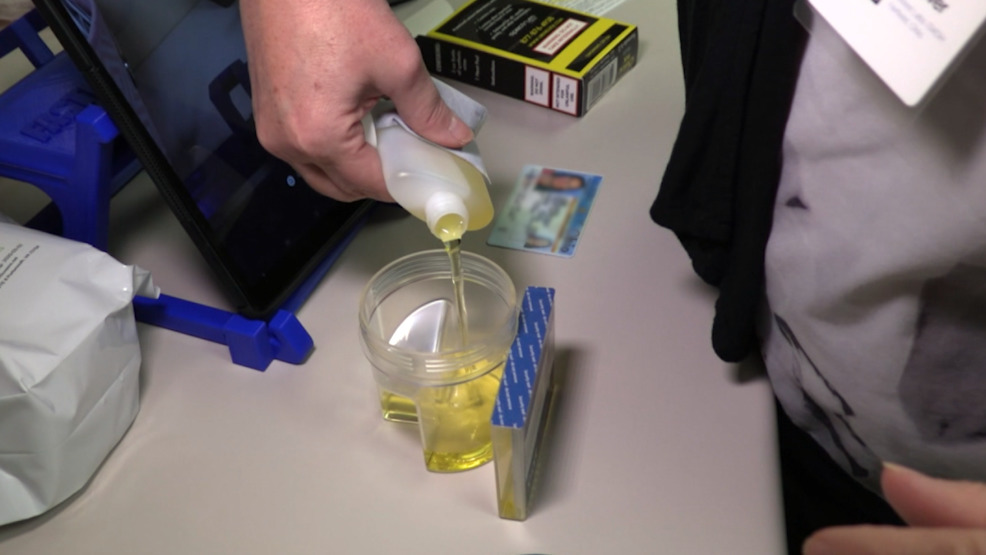
Do any of the ways of cheating a drug test work?
Bottom line: It’s risky at best.
There’s three main ways that people use to try to fake-pass a drug test:
-
- Obtaining a clean urine sample – best bet
-
- Flushing and detoxing – bad idea
-
- Using adulterants on the urine sample – worse idea
Faking the sample
There are two ways to get a clean urine sample: Get a clean friend to provide you with a sample, or buy fake pee. For the former option, that’s up to your connections – everybody likes having that one Mormon friend for this reason, because the Mormon religion forbids all chemical recreation even down to coffee.
Synthetic urine is a commercially available product! The technology is being improved all the time to meet demand. It is chemically created to mimic the exact ingredients of human urine, even down to PH levels and scent. It’s even legal in all but 2 states, New Hampshire and Indiana. These products come in the form of a kit, which must be carefully mixed ahead of time.
If you’re taking a urine sample in to your test to substitute for your own, the biggest tell that will reveal your ploy is temperature. At the best, you will have to store the sample in something like a hip flask next to your skin under your clothes, and even then it’s not likely to be in the 90-100 degree zone normal for a fresh urine sample. After that, some chemical markers may still raise suspicion. Human urine is a biological product after all, so things happen to it over time once it is stored outside the body.
Flushing and detox
If only it were that easy! The bottom line with 99% of the flushing and detox industry is that it’s all pure quackery. Several “natural cleanse” products are really just instruction kits to clean up for 30-60 days before the test – you could have done that without the product.
Detox and flushing kits can be both risky to your health and detectable in the sample anyway. None of the home remedies passed around in hippie lore, such as drinking lots of cranberry juice or certain kinds of tea, work. The whole of “detox science” is just quackery through and through. Your body’s natural processes are set to work at a given speed. There is no known method proven to speed up your detoxification. And again, there are various medical conditions which can make flushing and detox methods a risk to your health. Even drinking large quantities of water at once can cause hyponatremia, which is deadly.
Cleaning the sample
Finally, you’ve likely heard of urine cleaning products, typically advertised in the backs of magazines or behind the counter at head shops. These are all basically bleaching agents, which may help burn off cannabinoids but also drastically alter the chemical composition of urine. Bottom line, every single one of these will show up on the test.
It is always a bad idea to attempt to fool a drug test. Any tiny variance in temperature, chemistry, color, odor, viscosity, PH level, and so on, will just raise suspicion. In most cases the lab can flag you for a follow-up, such as a second sample under supervision, or a hair test. In some states, attempting to fool a drug screen is a crime in and of itself.
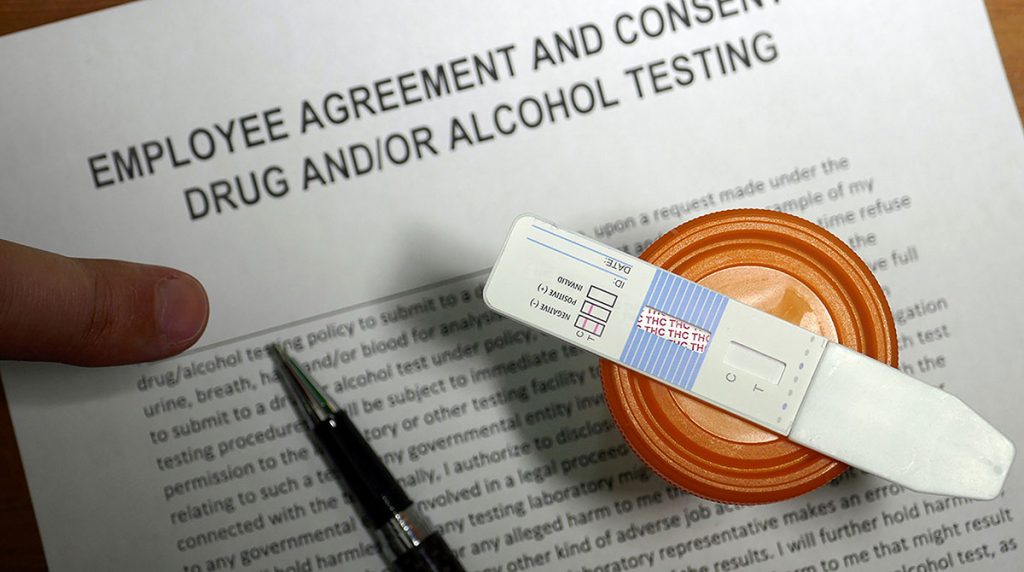
When is employment drug testing going away?
That’s the $64K question, isn’t it?
In light of the fact that about 33% of the United States population lives where pot is legal, you would think that testing for marijuana would go the way of the dodo. After all, we don’t screen for alcohol and tobacco, do we? In addition, cannabis is now medically recommended in more states than ever before for a growing list of medical conditions. Nevertheless, employers do not have to make an allowance even for medical usage, since it’s not a federally recognized prescription.
It is very difficult for a free market Capitalist system (which the United States dreams it is) to regulate how employers hire employees. They can test you on any metric, even 100% certified pseudo-science quackery like the Myers-Briggs “personality inventory.” Employers can do anything they want to in screening applicants, as long as they don’t violate federal discrimination laws. That comes down to “a person’s race, national origin, color, sex, religion, disability, genetic information (including family medical history), or age (40 or older).” After that, they can ask you to bark like a seal if they want to. And we’d all probably do it.
Are employer attitudes changing towards marijuana testing? It depends on whom you ask. Keep in mind, various business interests have a finger in this pie, including the background check industry, the drug rehab and treatment industry, and various business interests. For example, insurance companies offer a discount for business insurance if you drug-screen your employees. With all these conflicting interests weighing in, it can be difficult to find a true answer to this question.
The closest thing we can find to an unbiased authority of the subject is Nolo, the online legal library resource. They have this to say:
> “The California Supreme Court has ruled that the state’s medical marijuana law applies only to criminal prosecution, not to the workplace. Likewise, the Colorado Supreme Court has held that an employer may fire an employee for off-duty use of medical marijuana, even though the use was lawful under Colorado state law.”
> “A handful of states, however, have passed specific laws prohibiting an employer from discriminating against an employee or applicant for lawful use of medical marijuana or requiring an employer to reasonably accommodate such employees at the workplace. This area of law is relatively new; contact an employment lawyer to find out the rules in your state.”
Nolo has a listing of these states and their individual employer legal obligations regarding cannabis users here. Even there, the line is fuzzy. From state to state, there are exceptions and contingencies on both sides. It’s complicated!
Meanwhile, NBC News claims that some employers are finally relaxing drug screening policies. The most recent statistic we can find for this factoid is approximately 50% of employers screen for cannabis use, which is still far too high.
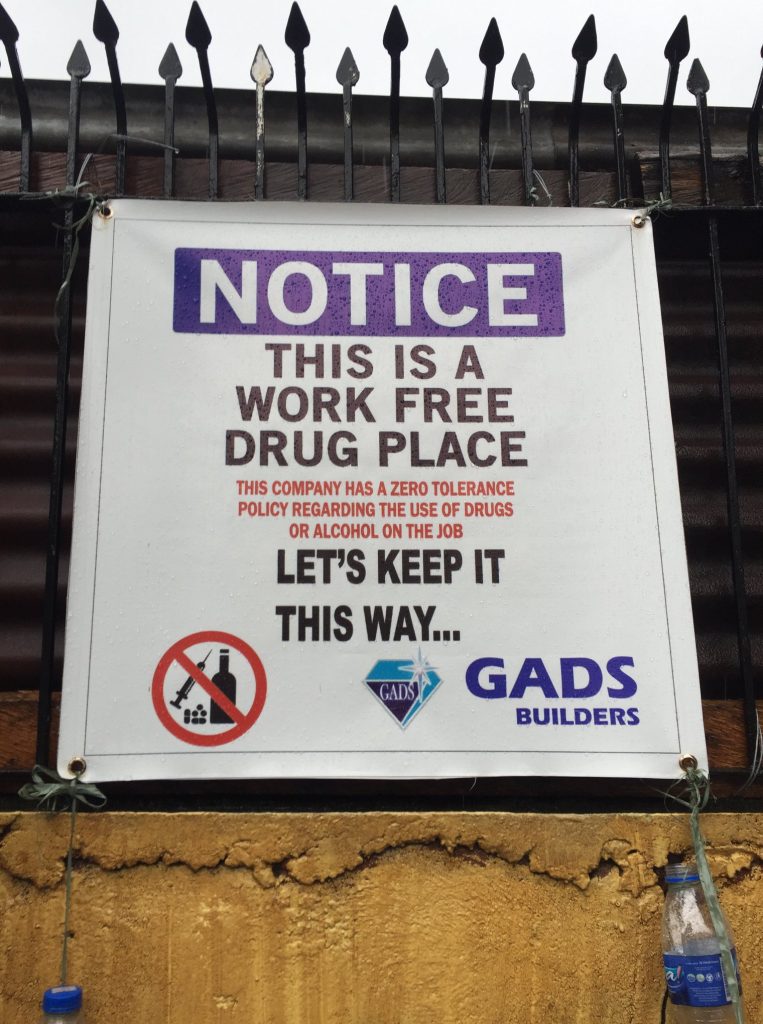
Employer cannabis screening is a growing issue
As more states legalize, and more legalization marches from medical to recreational use, something has got to give. We’re guessing that market forces will prevail, as companies which insist on full drug screening eventually run out of viable candidates. Oregon has just decriminalized all drugs, just to show what the wave of the future might be.
Readers, what are your experiences rectifying your employment and your cannabis usage? What is your projection for what happens next? We’re eager to get this conversation started, here in the comments or in our cozy forum.


